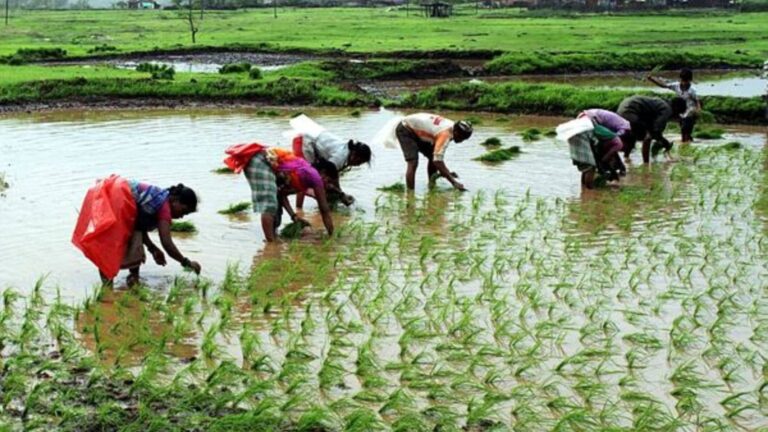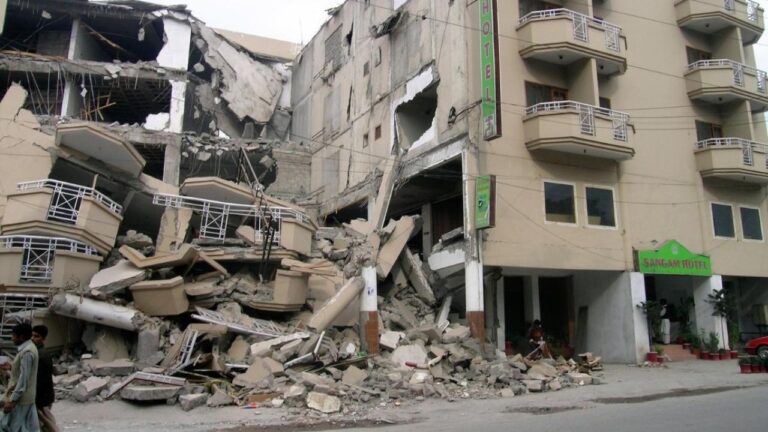
The ongoing conflict in Sudan, which erupted in April 2023, has taken a devastating toll on cereal production in the region. According to the Director of the FAO Office of Emergencies and Resilience, Rein Paulsen, the situation is dire, with cereal production plummeting by over 40 percent. This decline, primarily affecting sorghum, millet, and wheat, exacerbates the hunger crisis in Sudan, pushing millions of people into acute food insecurity.
Staggering Decline
In 2023, cereal production in Sudan reached an estimated 4.1 million tonnes, marking a staggering 46 percent decrease from the previous year’s output. Additionally, this figure sits approximately 40 percent below the average of the previous five years, underscoring the severity of the situation.
Urgent Need for Support
Paulsen emphasized the urgent need for at-scale agricultural support, especially with the planting season fast approaching in June. The FAO’s interventions, focusing on providing seeds, equipment, and veterinary services, are crucial to mitigate the impact of conflict on food production and ensure food security for vulnerable populations.
Escalating Food Insecurity
Nearly 18 million people in Sudan are currently facing acute food insecurity, with almost 5 million categorized in the Emergency phase (IPC Phase 4). Without immediate intervention, there’s a looming risk of catastrophic food insecurity (IPC Phase 5) in the coming months, particularly in regions most affected by the conflict.
FAO’s Response
FAO’s emergency interventions have been instrumental in reaching farming households, providing critical seed support and essential services. Despite numerous challenges, FAO managed to deliver seeds to one million farming households, demonstrating its commitment to supporting vulnerable farmers amid conflict.
Critical Summer Planting Season
As the main summer planting season approaches, timely interventions are imperative. Paulsen stressed the urgency of making resources available to ensure successful crop cultivation. Without adequate support, there’s a significant risk of livestock losses and increased malnutrition rates, particularly among children in vulnerable communities.
Funding Shortfall
Despite the pressing need for assistance, FAO’s Emergency Plan in Sudan for 2024 remains severely underfunded, with only a fraction of the required $104 million secured. Urgent action is needed to bridge this gap and prevent further deterioration of the humanitarian crisis.
Integrated Response
FAO prioritizes integrated response approaches to support local food production, provide emergency supplies, and create sustainable livelihood opportunities. These efforts are crucial not only for immediate relief but also for long-term recovery and resilience building in Sudan.
In conclusion, the decline in cereal production in Sudan is a stark reminder of the devastating impact of conflict on food security. Urgent and comprehensive interventions are needed to address the immediate needs of vulnerable populations and pave the way for sustainable recovery.






